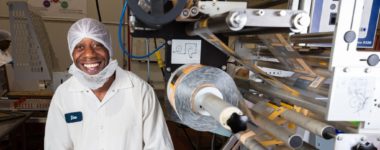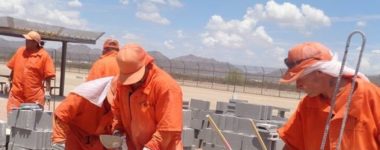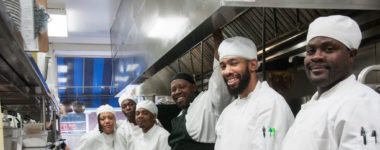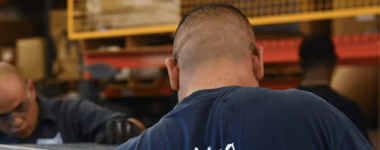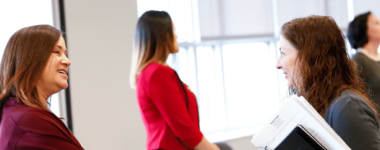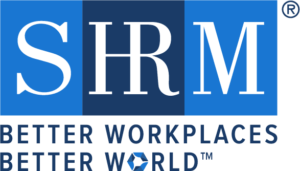Sweat Equity
By Coss Marte, founder of ConBody
What if you were known for the worst thing you’ve ever done?
Think about it.
Well, I am. At 19, I was making over $2 million a year running one of the largest drug delivery services in New York City.
I was raised in the Lower East Side of Manhattan in the mid-80s. I watched my relatives sell drugs on the corner, and that’s who I wanted to be. I wanted to be rich. We lived on a couch in my aunt’s tenement apartment with eight other people. Going down my front steps I would see heroin addicts lining up to buy drugs off my cousins.
At 13, I started selling drugs and getting locked up. I realized I was getting arrested because of my appearance so I came up with a different way of selling drugs. I started wearing business suits and ties. I made 10,000 business cards. I had a team using a whole different strategy for drug delivery. I had 20 people working for me, a few vehicle dispatchers. It was a crazy, crazy thing.
At 23, it all ended. I was sentenced to seven years in prison.
When I went inside, I was told I was going to die there because of my weight and other health issues. I started thinking, I cannot die here. I had a two-yearold son at the time and wanted to come home for him. So I started doing dips and push-ups and jumping jacks in my small, nine-by-six prison cell. I started running laps around the prison yard. After six months I had lost 70 pounds. By the end, I had helped more than 20 inmates lose over 1,000 pounds combined.
I didn’t think I was doing anything special. I was just working out and helping the inmates move forward. Then, with two months left, I was thrown into solitary. For the first time, I started asking how I could give back to society.
I was released from prison a year later. When I got home, I started looking for a simple retail job—minimum wage, I didn’t care. I was looking for anything that would keep me out of the system and let me do the right thing.
I was faced with applications that asked, “Have you ever been convicted of a felony?” Every time I checked “yes” and handed it back, the manager saw it and would say, “We’re going to call you back.” In the back of my head, I’m thinking, No you’re not.
Out of desperation, I started going up to people in the park and pitching them on a prison-style boot camp led by people coming out of prison. All body weight, no equipment. It started growing, from one person to two people to now over 20,000 people we’ve trained.


ConBody opened on the same corner where I sold drugs and first got arrested. I built a prison gym where the people we train take a mug shot, go through a prison gym gate, take five-minute showers, get screamed at by an ex-con, and have a lot of fun.
Sultan Malik was my first hire. He spent 14 years in prison, including seven years in solitary confinement. He is now one of the top trainers in America, according to Reebok. From there, ConBody started growing and growing, so I started hiring more and more people.
But this is about more than my business. There are 70 million Americans today with criminal histories and 76 percent of them return back into the system within five years. (I fit that description; I was arrested nine times between the ages of 13 and 27.) My mentors said, “You got a gym, you’re hiring a couple people. That’s cute. Think scale, how are you going to blow this up?” We came up with an innovative idea called ConBodyLive, which lets people virtually work out with their favorite ex-convict in a small prison cell space from their home.
Then, after I shared my story at a wellness conference, one of the attendees came up to me to say she was inspired and wanted to help. I gave her my card. She emailed me with the subject line “Saks Opportunity.” This led to an invitation to open a prison gym in the bougiest store in America. We had ladies wearing Louis Vuitton and Gucci who started changing their perspectives on people with criminal records.
And that became our mission: to change the way society sees formerly incarcerated individuals. Everybody on this planet, everybody in this world, makes mistakes. What we’re asking for is a second chance.
